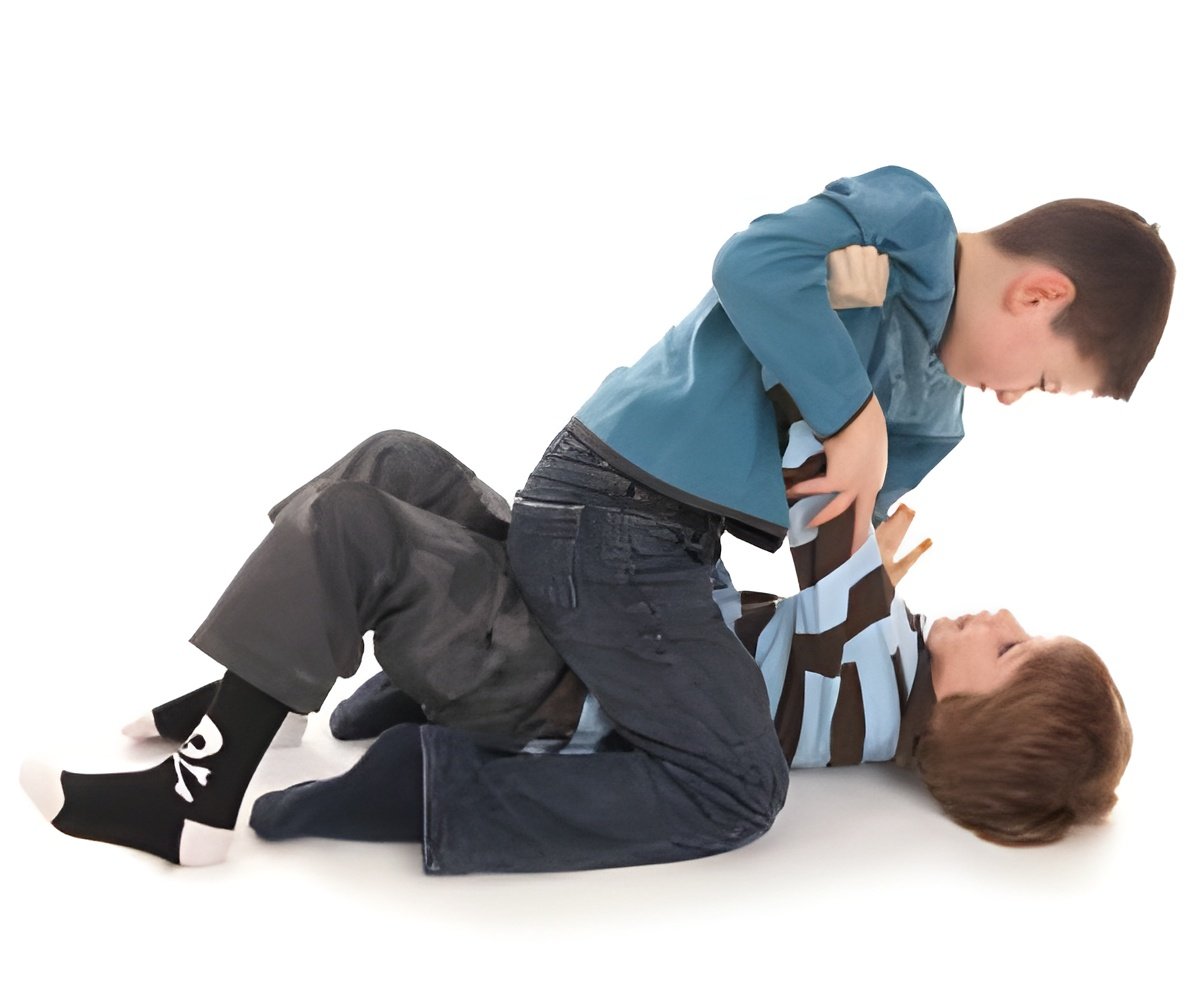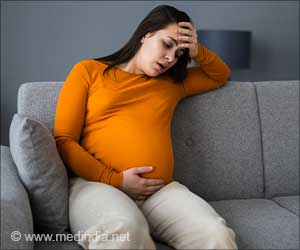Youth mental health experts release new guidelines to manage the common but often complex problems of childhood aggression.

Treating and managing aggression is generally difficult, says Peter Jensen, M.D., a Mayo Clinic psychiatrist who led the development of the new guidelines. More troubling, he says, are that antipsychotics and mood-stabilizing drugs are increasingly prescribed to children on an outpatient basis to treat overt aggression, a symptom that may have multiple causes, Dr. Jensen says.
"These large-scale shifts in treatment practices have occurred despite potentially troubling side effects and a lack of supportive empirical evidence," Dr. Jensen says. "With the increase in the prescription of psychotropic agents outside of FDA-approved indications, concerns have been raised over treatment decision-making, appropriate use of alternative therapies, long-term management, safety of multiple drug regimens and successful parental engagement and education."
To better address this clinical need and improve outcomes for children and adolescents with maladaptive aggression, a group — including Mayo Clinic, The REACH Institute, the Center for Education and Research on Mental Health Therapeutics at Rutgers University, and 60 national experts in the fields of policy, research, advocacy and child and adolescent psychiatry — joined to achieve consensus on improving the diagnosis and treatment of aggressive children and adolescents.
"The guidelines were developed to help mental health specialists and primary care clinicians work closely together in the optimal management of the all-too-common, but very difficult problem of aggression in children and youth," Dr. Jensen says.
Recommendations include carefully engaging and forming a strong treatment alliance with the patient and family; conducting a rigorous, thorough diagnostic workup; carefully measuring treatment response and outcomes using reliable assessment tools; providing education and support for families; helping families obtain community and educational resources; using proven psychological therapies before starting any antipsychotic or mood stabilizer medications; and carefully tracking (and preventing, whenever possible) side effects.
Advertisement









